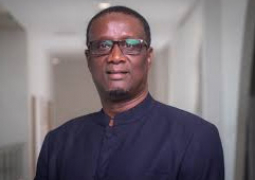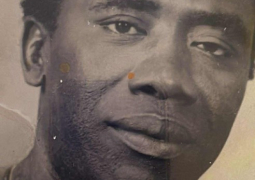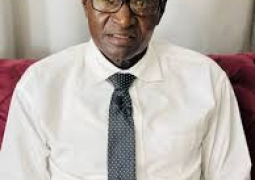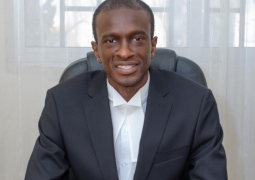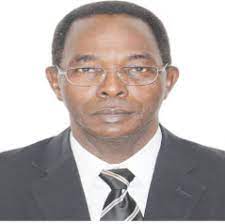
The Cameroonian youths have taken to the streets demanding for Paul Biya to step down from power. Soon there was an uprising in Togo against the self-perpetuating rule of President Eyadema.
We have heard of the tough times the young man Bobi Wine is giving to the government of President Museveni. We have also heard of the young Julius Malema posing a big challenge to the incumbency in South African elections. Political troubles have also surfaced in Côte D’Ivoire recently.
The spirit of change the system imbued in the attitudes of the youths must be watched by the political ruling class in Africa. It is to be stated that there is a new wave of generational consciousness that transcends tribal, regional, religious, parental and authoritarian boundaries which if not realized by African Political leaders, could create surprising outcomes in the political landscape in Africa.
The youth factor is becoming more and more politically pronounced in today's African politics. Times are changing towards the empowerment of youths. They form the majority population across Africa. This is a fundamental reality. They are ready made elements for political mobilization and system change.
If African political leadership is therefore unable to critically perceive the themes of the political arena, most will be carried along in the wake of change.
It is therefore politically expedient for youths to have a voice in the power equation and for the means of their actual empowerment to be made possible. The youths cannot be important only in election times and be dull in socioeconomic advancements. The youths are the productive base of the African economy and their full engagement as such, will enhance development and lead to a more stable society.
Read Other Articles In Opinion
